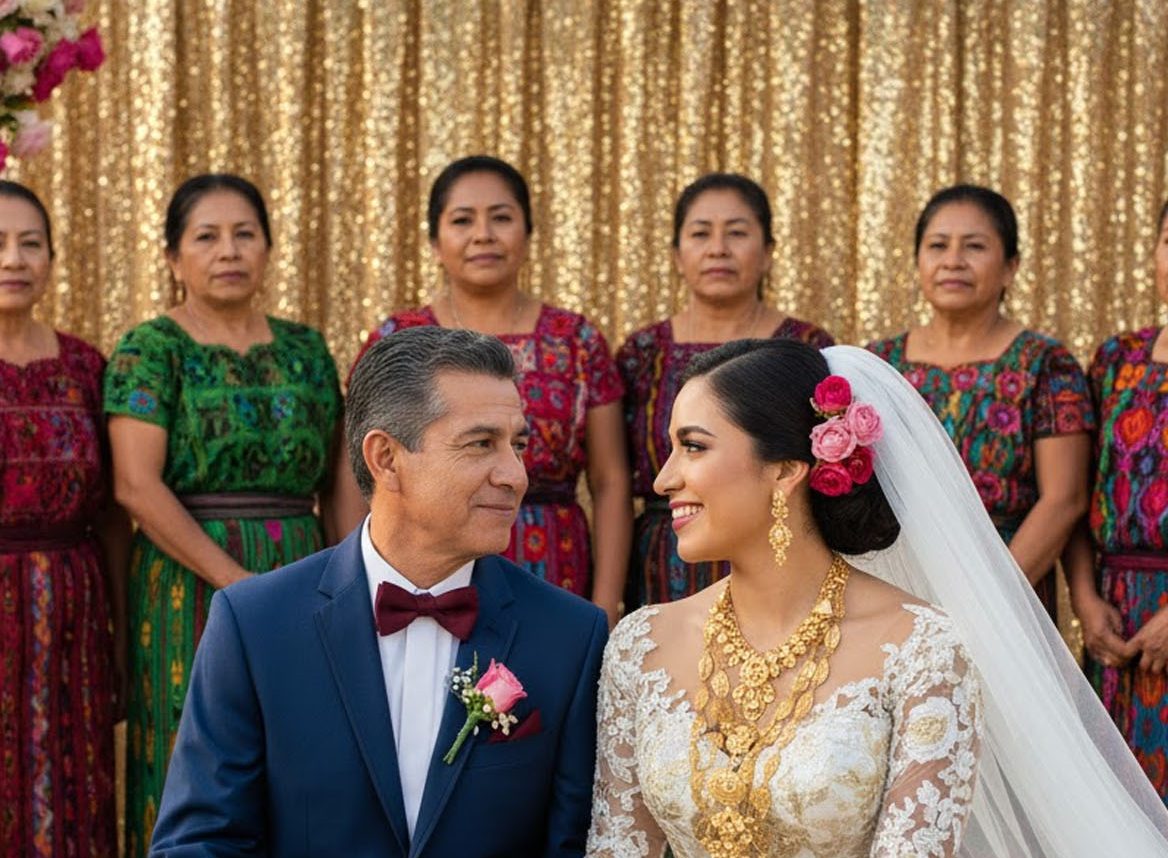I never imagined that the arrival of my first child would trigger the most profound emotional turmoil in my life. Nor did I foresee that at that very moment, the two most important women in my world—my mother and my wife—would clash so intensely.
The moment my son, Aarón, cried out at birth, my heart melted completely. Seeing my wife, Sofía, pale and weary in her hospital bed after a cesarean, I silently vowed to love and safeguard both mother and child with all my might.

During those initial days, peace seemed to prevail. I mastered diaper changing, formula preparation, bathing, and even making the nourishing chicken broth that Sofía adored. Experiencing fatherhood filled me with unmatched joy.
However, work commitments soon overwhelmed me. As an architect leading a major project in Guadalajara, my tight schedule required constant overtime. Consequently, I asked my mother, Doña Lupe, to come assist in caring for my wife and baby.
My mother, a traditional woman from Jalisco, is resourceful and deeply loves her family but holds firmly to conservative beliefs.
From the moment she entered our apartment, she began making changes according to her customs:
- She fully opened the curtains, believing it would dispel postpartum spirits and refresh the air.
- Turned off the air conditioning, fearing that cold air might cause complications for my wife.
- Replaced filtered water with an herbal and cinnamon tea, trusting old remedies.
- Insisted we all wear plastic sandals to prevent slipping and avoid cold floors that might lead to pneumonia.
Initially, I thought her actions stemmed from concern. Yet, for Sofía—a pediatrician at a government hospital—these interventions intruded on her personal space and professional knowledge.
Conflict gradually intensified over the following days. My mother demanded that Sofía restrict herself to a diet of broths and hot porridges, avoid bathing for ten days, keep fans off, and wrap our baby in a thick blanket despite the stifling heat of mid-April.
Sofía tried to explain medically that elevated temperatures could cause baby rashes and that some traditional practices were unhealthy. My mother would dismissively reply with her favorite saying:
“Back in my day, we did things this way, and no one ever died!”
Lacking experience in child-rearing, I found myself caught between them. I hoped these two beloved women could find common ground, but that hope proved mistaken.
One hurried morning, as I rushed to work, I suddenly remembered I’d forgotten my phone at home and turned back. Just as I reached for the door, I heard a loud crash inside followed by my mother’s harsh, angry voice—so fierce I barely recognized it:
“I told you not to lie under the air conditioning after giving birth! You’ll die if you keep doing that! You’re too delicate. Handle things yourself; don’t tell me any more!”
Sofía’s trembling, choked voice responded:
“I tried to endure it, but you wouldn’t listen. I’m depressed, you know?”
Then my mother shouted:
“How dare you speak to me like that? I gave up my job and friends to care for your child, and you are so ungrateful!”
A sharp “pop” sound followed.
I kicked the door open. Sofía sat on the floor, clutching her cheek, her hair disheveled. A bright red mark showed clearly on her face. My mother stood before her, hands trembling, her face pale as if waking from a nightmare. The baby started crying in the cradle.
A dreadful silence filled the house—the eerie stillness after a storm.
That night, I took my wife and son to my best friend’s apartment in Tlaquepaque. I told my mother I needed time to calm things down.
For the next three days, I turned off my phone, set work aside, and devoted myself completely to caring, learning anew how to listen and love.
Though Sofía was weak and spoke little, the darkness in her eyes gradually lessened.
On the third day, a message from my mother arrived: “I am sorry. I was wrong. If you allow, I want to visit Sofía and talk.”
That afternoon, I picked her up. She brought a package of warm broth, warm milk with cinnamon, and a bouquet of white flowers, possibly gardenias or calla lilies.
Without reproaches or tears, she sat opposite Sofía, voice weighted with regret:
“Forgive me, daughter. I didn’t understand what you were going through. I only wanted to help, but I hurt you. If you’ll let me, I want to relearn—how to be a mother and a grandmother.”
Sofía remained silent for a long time, tears streaming down her cheeks before softly nodding.
From that moment, everything shifted.
My mother stopped ordering and started listening. Sofía opened up, sharing gently. I learned to avoid taking sides—not to judge who was right or wrong but to nurture peace through respect.
One night, seeing the two women together quietly watching over Aarón, I realized our family isn’t a place for perfection but one where forgiveness, love, and growth through mistakes flourish.
The confrontation my mother had with my wife was like a collision that forced us all to awaken and truly understand each other.
Key Insight: Families are dynamic spaces where learning and compassion pave the path to harmony and healing.
Ultimately, this experience taught us that patience, empathy, and communication build the strongest bonds—even amidst challenges.
